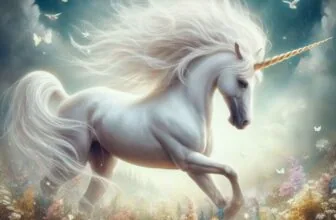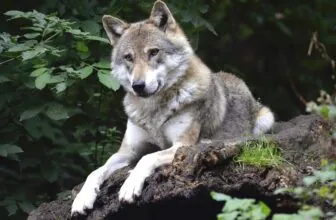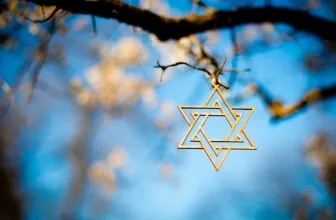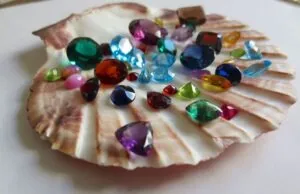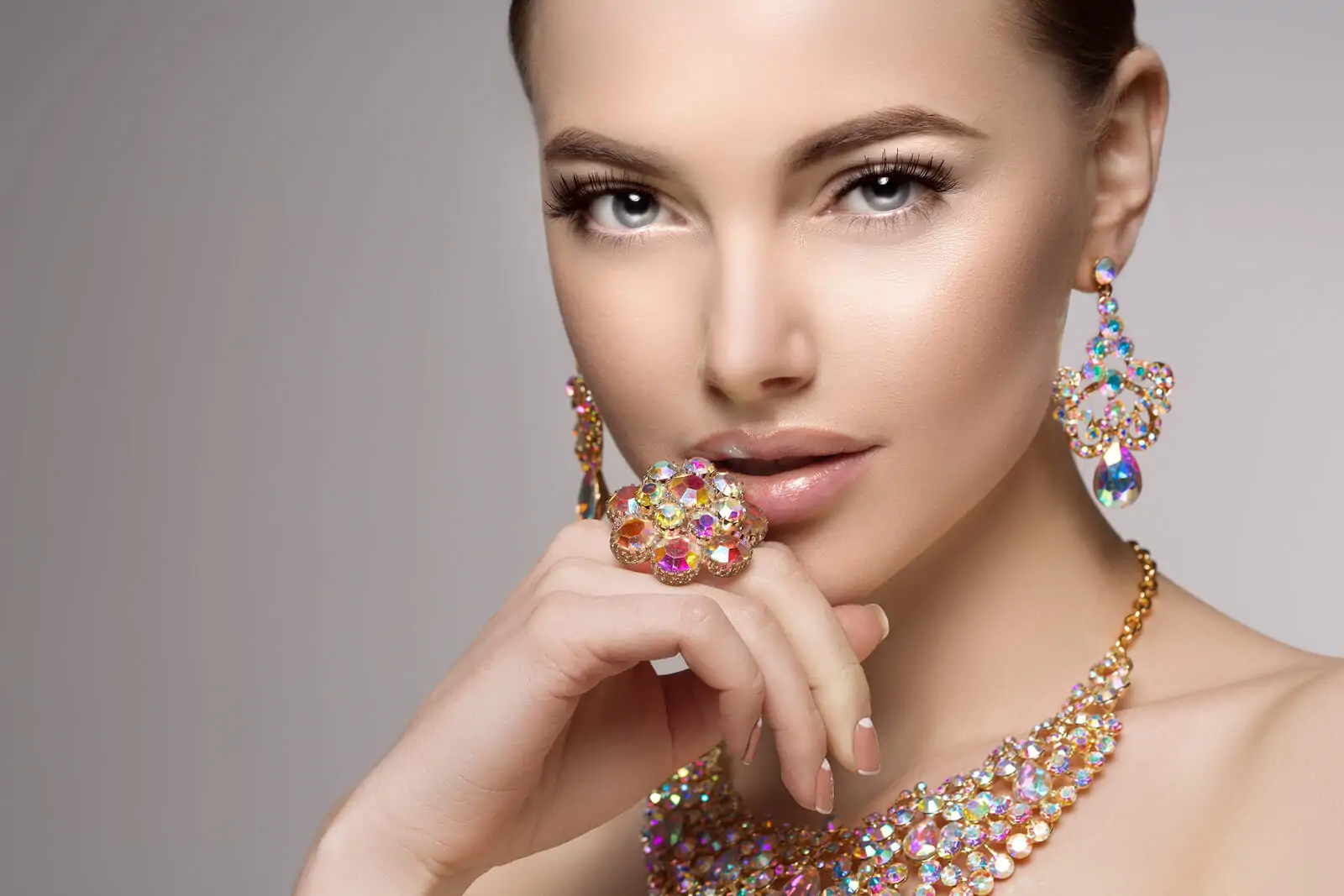
Table of Contents
Jewelry has always played a vital role in the history of humankind. In fact, the act of adorning the body with various ornaments pre-dates written record and is one of the earliest developments in human history.
Be it pieces of shell or a dazzling diamond rock, we have always found a way to appreciate the beauty of these natural gifts.
If you, like us, are a lover of jewelry (or simply of trivia), here are 17 facts about jewelry that are sure to tickle your imagination!
1. The Oldest Jewelry
The oldest known pieces of jewelry date back to about 100,000 years ago. You might be wondering what these were. Perhaps beautiful gemstones or diamonds? In reality, the oldest pieces of jewelry that have been found are simply a couple of beads made out of shell. These organic beads probably served decorative and symbolic purposes.
2. The First Diamond
The very first diamond found was in India back in the 4th century. They quickly became highly valued because of their amazing durability and sparkle. Until the 18th century, people thought that India was the only source of diamonds but then in 1866, a diamond over 21 carats was found in South Africa, which grew to become one of the leading diamond suppliers.
3. Opals and Literature
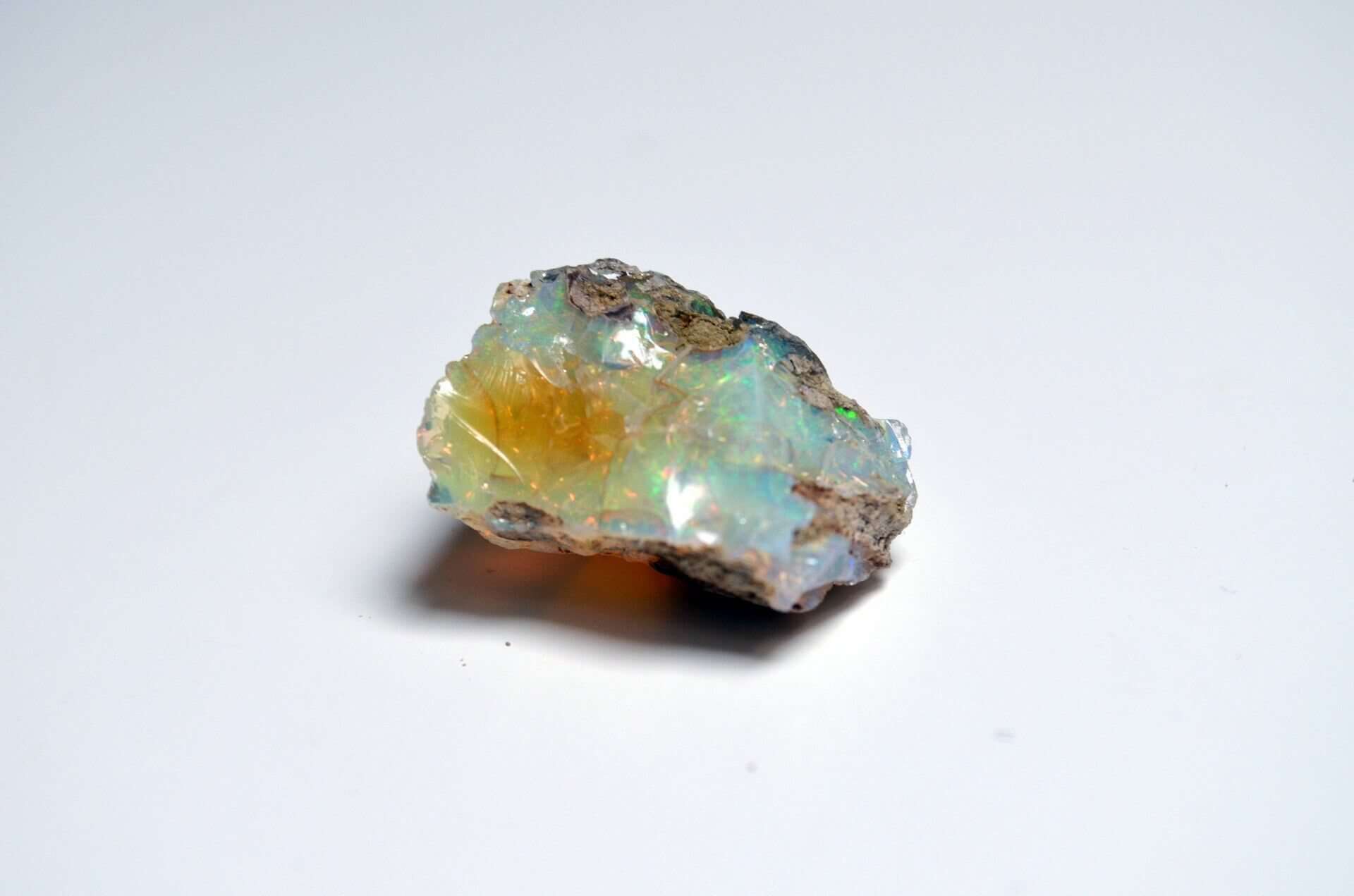
Did you know that until about the 18th century, opals were highly valued and one of the most popular gemstones in Europe? But then, Sir Walter Scott wrote a novel called Anne of Geierstein, where the fire of an opal, owned by the protagonist, was quenched when touched by holy water. The lady died soon after. The publication of this book led to huge decrease in the popularity of opals as being an unlucky stone. Even today, opals are associated with bad luck and misfortune.
4. The First Engagement Ring
We’re so used to the idea of engagement rings in the West that it seems strange to think of a time when this tradition wasn’t around. Well it wasn’t, until romantic Maximilian of Austria gave his beloved Mary of Burgundy a ring as a promise of the impending nuptials back in 1477. This caught on and today engagement rings are a multi-billion dollar industry.
5. The Most Popular Rock for Engagement Rings
Since the 20th century, diamonds have grown to become the most popular gemstone. Over 80% of couples choose a diamond engagement ring today, compared to just 10% in 1939! All the other gemstones combined only come to about 13% of the total engagement ring output.
6. Roach Jewelry
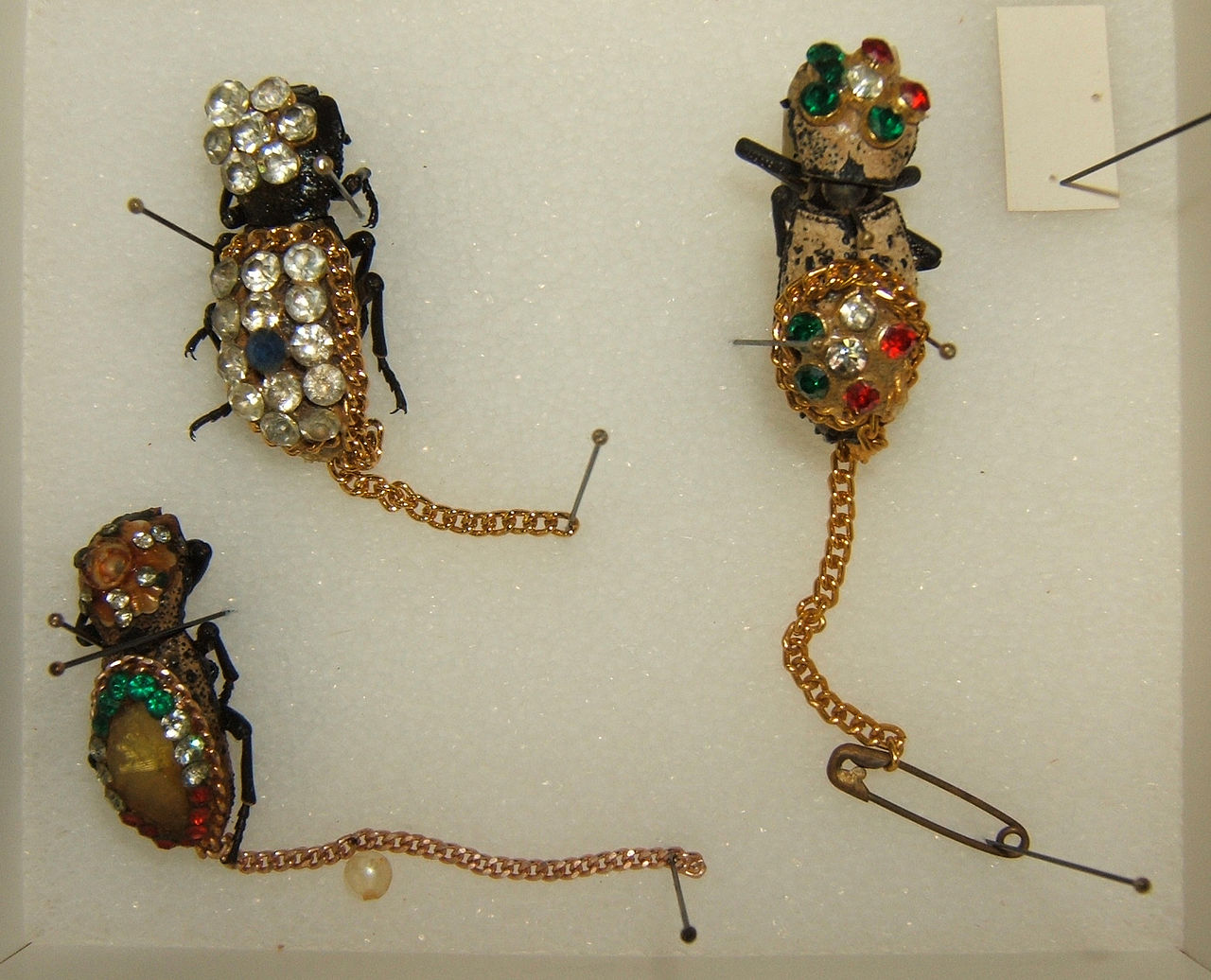
It’s true that sometimes we use parts of animals (shell, bone, coral) to create beautiful pieces of jewelry. But did you know that there is such as thing as live insect jewelry? What’s more, this is a tradition that has existed in certain cultures for centuries! Live insect jewelry is when live insects, such as beetles and cockroaches, are worn as fashion accessories attached to your clothes. Thanks but no thanks!
7. Pearls are Almost Always Cultured
In the early 20th century, the process of culturing pearls began on a commercial basis, making it possible to farm pearls. This made pearls readily accessible to everyone. Even today, almost all pearls you find on the market are cultured pearls.
8. Pearls Come from a Living Animal
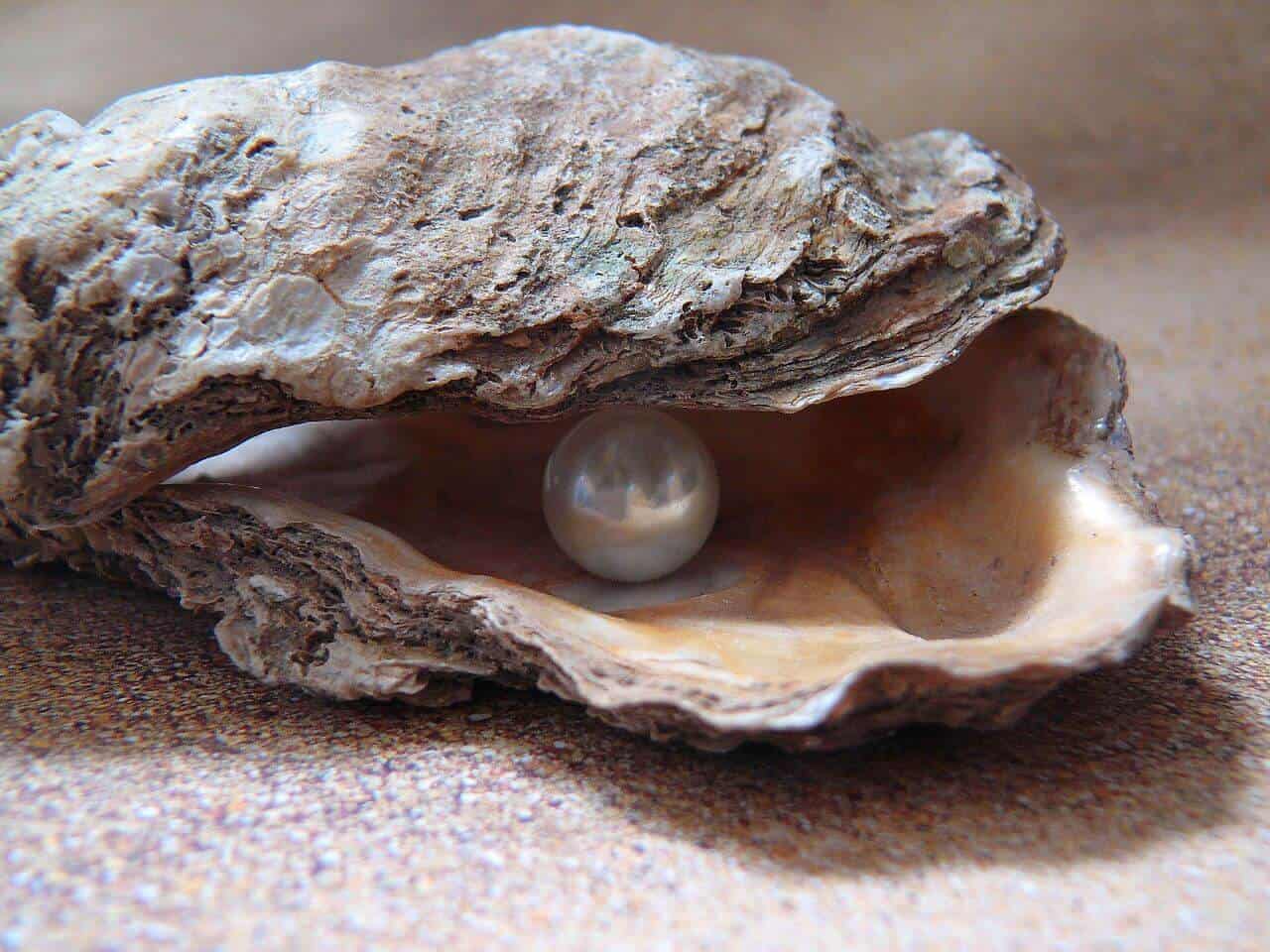
Pearls are the only gemstone that comes from a living animal. It is an organic gemstone.
9. Amber is Sap
Amber is made from the fossilized resin of trees over millions of years, commonly pine. Genuine amber is warm to the touch with a faint smell of pine.
10. Ruby and Sapphire
Sapphires come in every color under the sun, except red. That’s because red sapphires are known as rubies. In every way, but their name and color, these two gemstones are almost identical.
11. Diamonds and Peridot
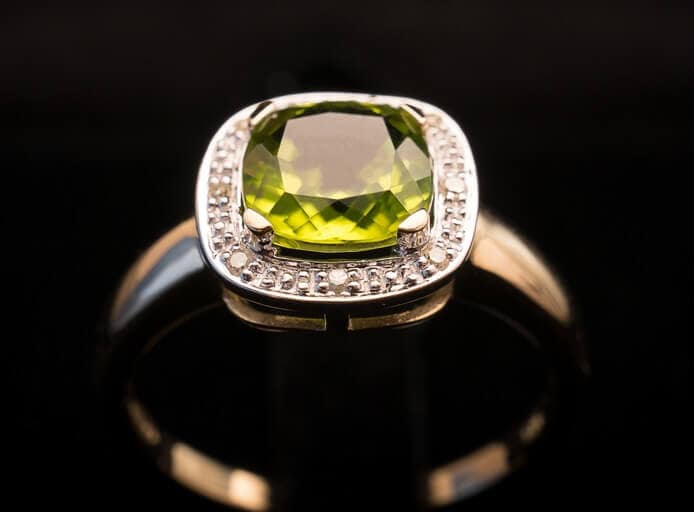
There are several hundred types of gemstones out there, but only two are formed in the earth’s mantle. These are diamonds and peridot. Although they’re formed deep within the mantle, these gemstones are mined in the crust. That’s where all other gemstones are mined too.
12. Platinum is Rare
Platinum is much rarer than all other precious metals, with the annual output beings 15 times less than that of gold and 100 times less than that of silver. In fact, it is said that all the platinum every mined would fit in an average American living room.
13. The Largest Diamond
The largest diamond ever found is known as the Star of David or Cullinan I. It weighs a massive 530 carats and is the largest colorless cut diamond in the world. Where is it, you ask? The Cullinan was presented to King Edward VII and now are part of the Crown Jewels of the UK.
14. The Most Expensive Engagement Ring
The honor of being given the world’s most expensive engagement ring falls to Mariah Carey. The ring, given to Carey by James Packer, cost a stunning $10 million! On a side note, the couple never ended up getting married, proving that the price of the ring isn’t a guarantee for the success of the relationship.
15. The Most Recognizable Piece of Jewelry
Princess Diana’s sapphire engagement ring is often cited as being the most recognizable piece of jewelry of the 20th century. The iconic blue Ceylon sapphire surrounded by a halo of diamonds is now worn by Kate Middleton.
16. Replicating Diamonds
In the 1950s, scientists were able to successfully grow diamonds in labs, providing an eco-friendly, inexpensive and quick alternative to mined diamonds. Today, the synthetic diamond market is burgeoning and poses a threat to natural diamonds.
17. The Rebirth of Vintage
Jewelry tends to cycle in and out of fashion. The beautiful designs from the Victorian, Edwardian, Georgian, Art Deco and Art Nouveau periods are in huge demand today and highly popular especially for engagement rings. This goes to show that a well-designed piece of jewelry is a classic and will never really go out of style.
Wrapping Up
Jewelry is as old as humanity itself, so naturally, there are many surprising facts that surround the practice of wearing jewelry. Did any of these 17 facts surprise you?



